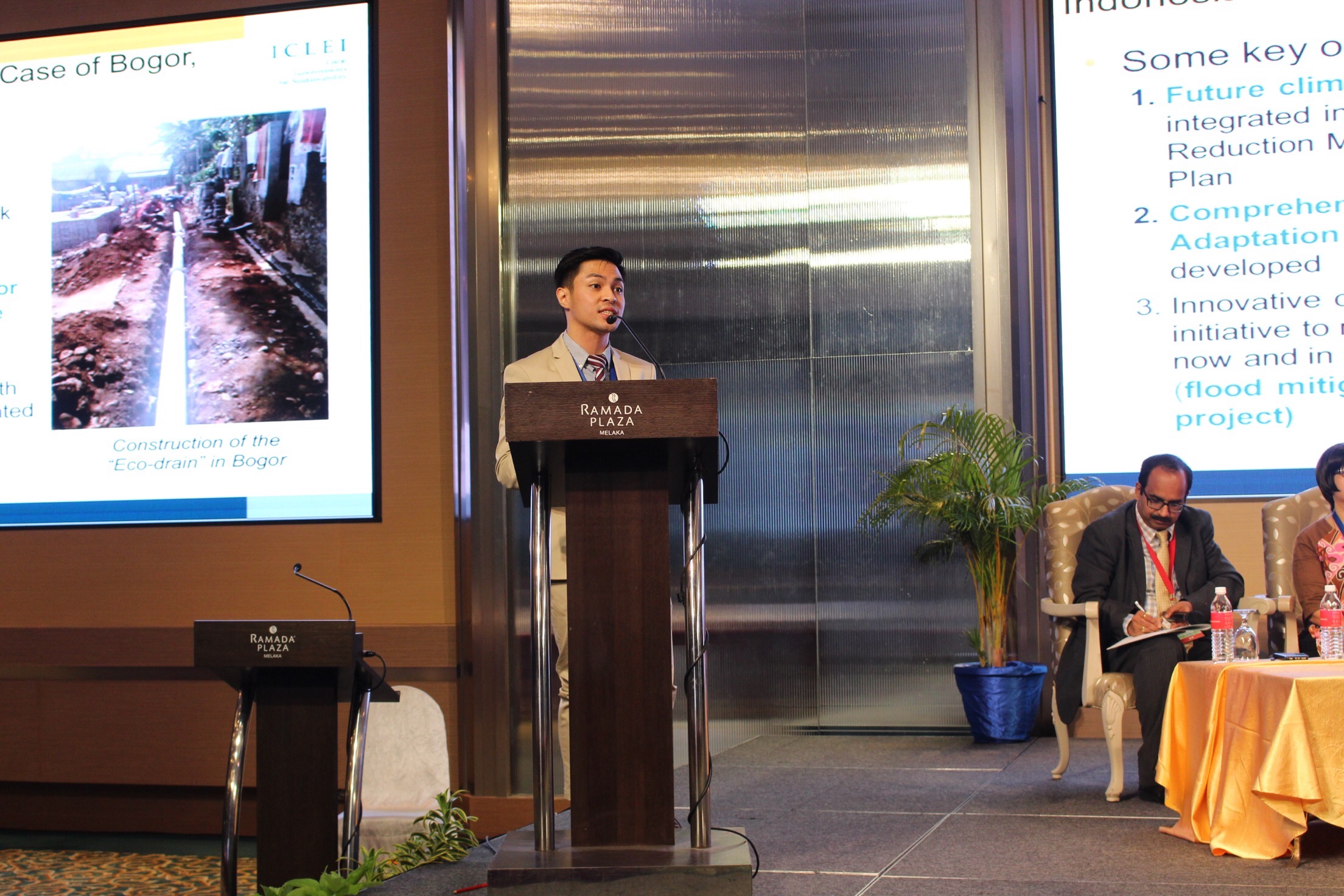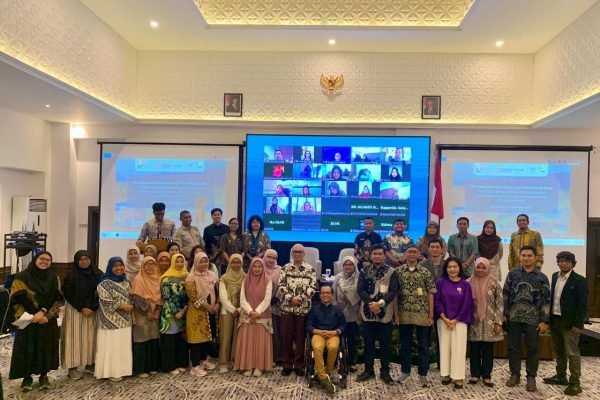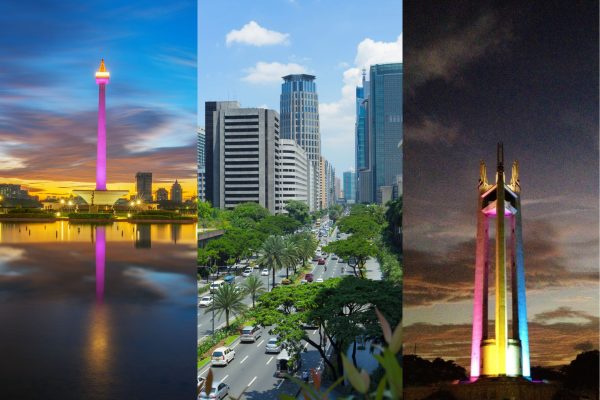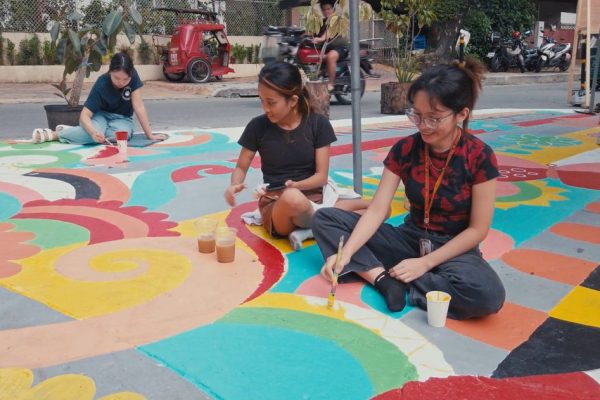
Mr. Marvin Lagonera of ICLEI SEAS shares the key outcomes and lessons from the organization’s three-year engagement with Indonesian and Philippine cities under the Asian Cities Climate Change Resilience Network (ACCCRN) project.
Melaka, Malaysia- The Asian Development Bank (ADB), in partnership with ICLEI-Local Governments for Sustainability, organized the Green Cities Conference with the theme “Leveraging Regional Cooperation and Integration for a Green Cities Network in ASEAN” which ran from 5-6 September 2017.
The two-day conference centered on discussions on green and livable cities in the Southeast Asian region towards the creation of an ‘Association of Southeast Asian Nations (ASEAN) Green Cities Network’. It brought together local leaders, experts, city networks and development partners working on green growth in cities across the ASEAN region. The event served as an important regional platform for disseminating lessons on the development and implementation of Green Climate Action Plans (GCAP), inviting ASEAN member states to jointly lead the path towards green growth in Asia.
Mr. Marvin Lagonera, Project Officer at ICLEI Southeast Asia, joined the session “Building Climate Resilient Cities” and shared the organization’s experiences with Indonesian and Philippine cities under the Asian Cities Climate Change Resilience Network (ACCCRN) project. The ACCCRN, supported by the Rockefeller Foundation, is a global initiative aimed at building climate change resilience of cities in Asia.
In his presentation, Mr. Lagonera highlighted the ICLEI SEAS’ work with 15 cities in the Philippines and six Indonesian local governments in the development of their local climate change resilience strategies using the ICLEI-ACCCRN process. The ICLEI-ACCCRN process is one of the tools and methodologies introduced by ICLEI to enable cities to build resilience across key urban systems.
Aside from the major outcomes of the ACCCRN, Mr. Lagonera shared the key lessons across the planning phase and implementation of pilot projects. Among others, he highlighted the importance of bringing cities together in strategic geographical clusters to improve city-to-city collaboration, enhanced vertical integration, and coordination with relevant government agencies, cross-departmental involvement given the interdependent and holistic nature of climate change impacts, and the need to establish strong political commitment from the city. A copy of the presentation can be accessed here.
The event’s keynote speakers underscored the strategic importance of regional cooperation and collaborative networks on sustainable development in the ASEAN region. Various plenary sessions were held, focusing on a wide range of green growth initiatives on the following thematic areas: Green Cities Action Plans, energy efficiency, sustainable transport, urban resilience, and green campuses as learning centers for cities.



